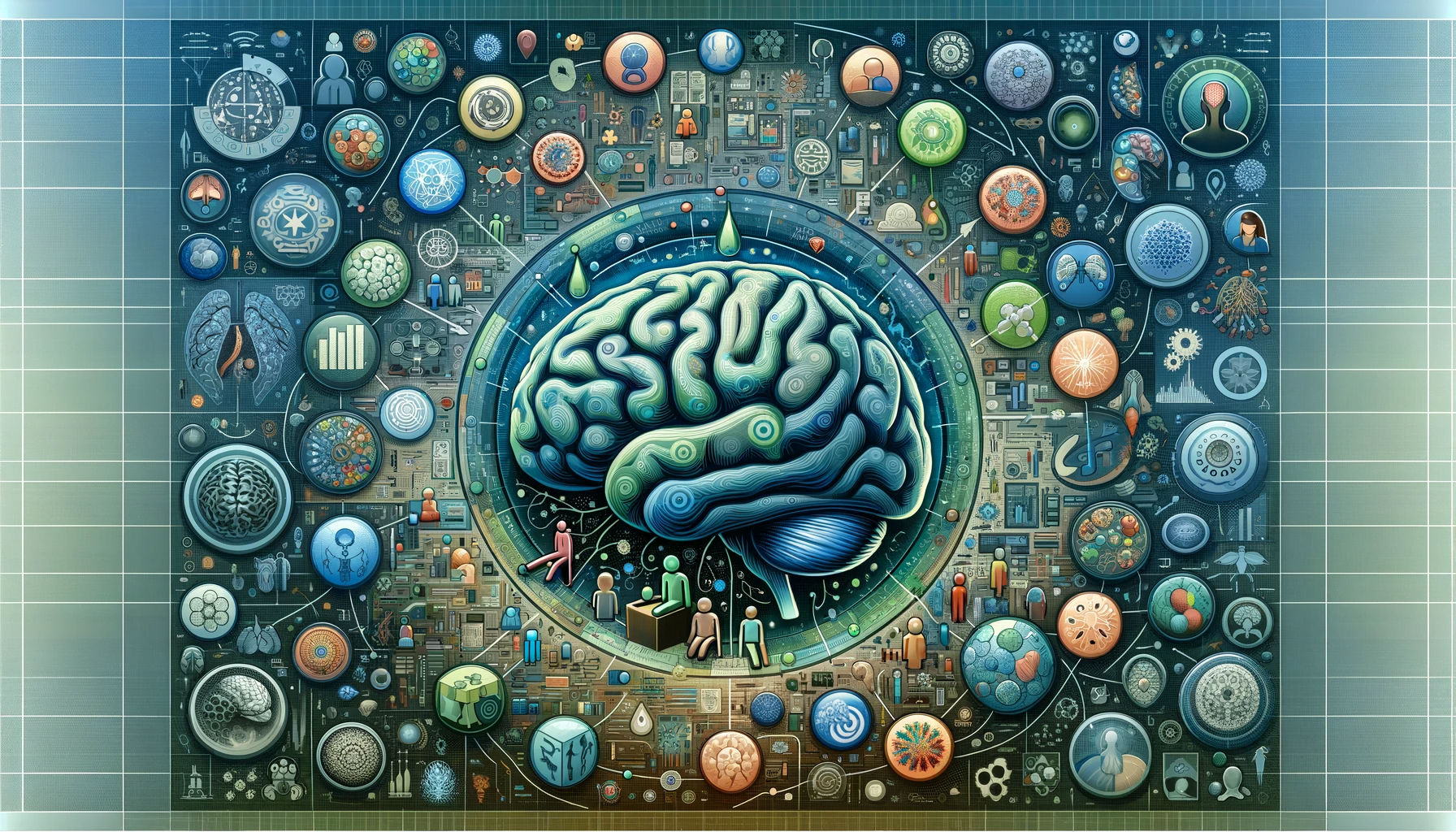Introduction: Mental disorders are influenced by a complex interplay of psychological, biological, and environmental factors. Understanding these causes and risk factors is crucial for prevention, diagnosis, and treatment. This article explores the diverse influences that contribute to the onset and progression of mental health conditions.
Psychological Factors:
- Trauma: Experiences of trauma, such as abuse, neglect, or loss, can significantly increase the risk of developing mental disorders.
- Stress: Chronic stress or acute stressors can precipitate mental health issues or exacerbate existing conditions.
- Personality Factors: Certain personality traits, such as neuroticism or perfectionism, can predispose individuals to mental health problems.
Biological Factors:
- Genetics: Many mental disorders have a genetic component, making individuals more susceptible if they have a family history.
- Brain Chemistry: Imbalances in neurotransmitters or structural abnormalities in certain brain areas can contribute to mental health conditions.
- Physical Health and Illness: Chronic illness, disability, or hormonal changes can also influence mental health.
Environmental Influences:
- Socioeconomic Status: Poverty, unemployment, or living in a high-crime area can increase the risk of mental health problems.
- Culture and Society: Cultural expectations, stigma, and discrimination can affect mental well-being and access to care.
- Life Experiences: Significant life changes, such as the loss of a loved one, divorce, or job loss, can trigger mental health issues.
The interplay of Factors:
- Biopsychosocial Model: Most mental health conditions are best understood through a biopsychosocial model that considers the interaction of biological, psychological, and social factors.
- Vulnerability-Stress Model: This model suggests that individuals have certain vulnerabilities (genetic, psychological, or biological) that, when coupled with external stressors, increase the likelihood of developing mental disorders.
Conclusion: The causes and risk factors of mental disorders are multifaceted and often interconnected. A comprehensive understanding of these influences is essential for developing effective prevention strategies and treatment plans. By considering the full spectrum of psychological, biological, and environmental factors, healthcare providers can better support individuals in managing their mental health.


2 thoughts on “Unpacking the Causes and Risk Factors of Mental Disorders: A Multifaceted View”